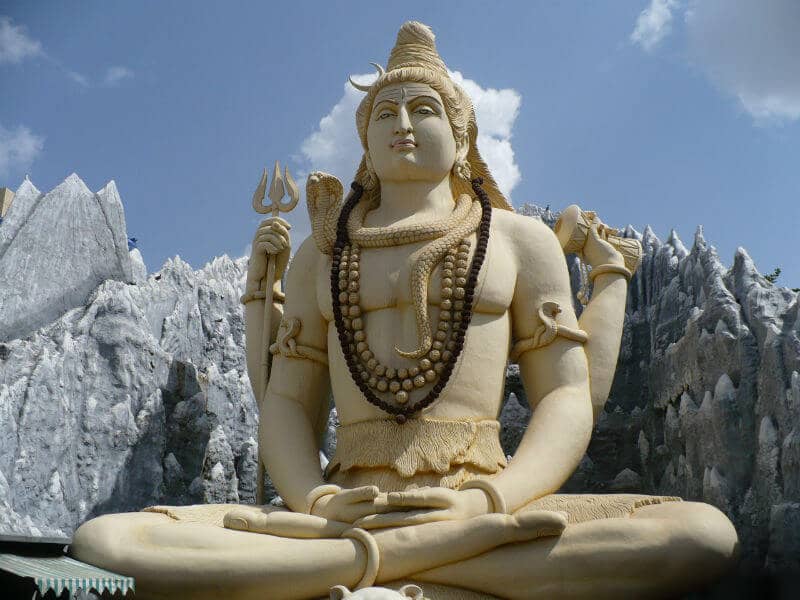India legally abolished untouchability more than half a century ago. The reality is very different, and ugly, for the dalits survivors of Tamil Nadu.
New Delhi (DPA) - The killer tsunamis of December 26 washed away everything that people in southeastern coastal India held precious, but failed to obliterate deeply-divisive social caste lines.
This rigid, inherited social hierarchy determines which victims are entitled to relief supplies and an opportunity to rebuild their lives.
The dalits or "broken people" of southern Tamil Nadu state are doubly damned. They were battered by the tidal waves, and those who survived are being denied food, water, toilet facilities and space to recover in overcrowded relief camps, aid workers said Friday.
India has an estimated 220 million dalits who are at the bottom of an insidious caste ladder. Once called "untouchables" and still desperately poor, they are not allowed to own land and are compelled to work in degrading jobs as bonded labour, sweepers and manual scavengers who clean toilets and remove dead animals.
They are subject to physical, verbal and sexual abuse, usually by the upper castes with police complicity, according to observers. Punishment is swift and brutal for dalits who dare to bridge the caste divide.
Stories of discrimination have poured out of several relief camps in Tamil Nadu, India's worst-affected state, which reported 7,932 of the country's 9,691 reported deaths.
More than 6,000 people died in Tamil Nadu's Nagapattinam district, where dalits were reportedly thrown out of relief camps and forced to eat stale food.
"The dalits are being discriminated against by the fishermen. In many relief camps the government is not given them aid, saying the dalits have not been affected by the tsunamis," said Ravi Chandran of Village Development Society (VDS), a non-government organisation.
Chandran worked in Nagapattinam, where more than 91,000 people live in 96 relief camps, and Cuddalore district, where more than 24,000 people are crowded into 38 camps. He said dalits formed 10 per cent of the affected population.
"We sent a petition two days back to the police and state government to speed up aid for the dalits because they were not receiving anything. There has been no response," Chandran told Deutsche Presse-Agentur dpa in a telephone interview from Nagapattinam.
"What is worse is that both the police and the affected fishermen are not allowing our people to deliver food and water to the dalits. About four days back police severely beat up and then arrested a dalit for taking rice from an aid agency. They even demolished what was left of his house," Chandran claimed.

